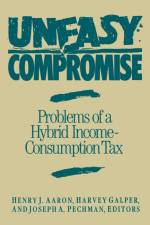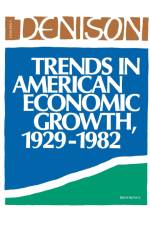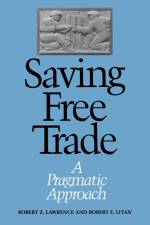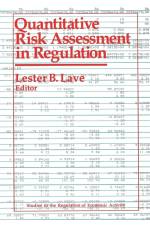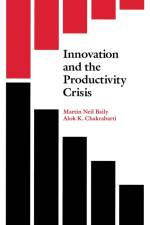von Robert Lawrence & Robert E. Litan
35,00 €
American Supporters of free trade are on the defensive. Record U.S. trade deficits are fueling demands from industry, Congress, and the public for tariffs, import quotas, and other protectionist measures that could reverse America's long-standing commitment to open markets and sacrifice much of the economic progress experienced in recent years. In Saving Free Trade: A Pragmatic Approach, Robert Z. Lawrence and Robert E. Litan analyze both the allure of protectionism and the problems associated with free trade, proposing reasonable, cost-effective ways of helping industries, workers, and communities battered by intense import competition. The book focuses on the escape clause of the U.S. Trade Act of 1974, meant to provide domestic industries temporary shelter from severe import competition, and the trade adjustment assistance program, designed to provide direct aid to companies, workers, and communities injured by imports. The authors analyze the assumptions and implication of the many current congressional attempts to amend the provisions of the escape clause and the assistance program. They then set forth their own proposals, including new definitions of import injuries, modifications of provisions for providing relief for beleaguered companies, new standards for compensating and retaining displaced workers, and a plan for insuring communities against severe losses to their tax bases if local industries fail because they can no longer compete. Saving Free Trade provides a detailed but nontechnical introduction to the complex implications of amending trade policy and shrewd, innovative proposals for improving America's ability to adapt to rapid changes in world markets.



















